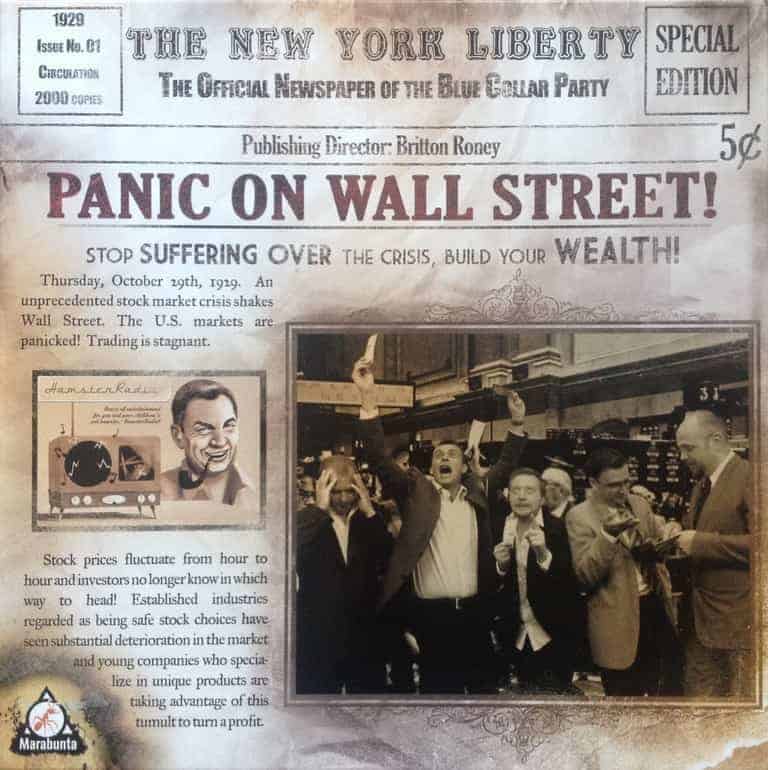Quinns: Ladies and gentlemen, roll up! It’s time for a new series where we take a look a team SU&SD’s board game collections. Come and see! Be amazed. Be aghast. Be envious. Comment with thought-provoking assertions like “why do you have that game it is bad”.
You guys will have seen my collection in the background of loads of SU&SD videos, but I don’t think you’ve seen the work that goes into it. Come with me today as I perform… a CULL.
But before that, let me show you my collection as it stands. It’s both completely ridiculous and not as ridiculous as you might think.



